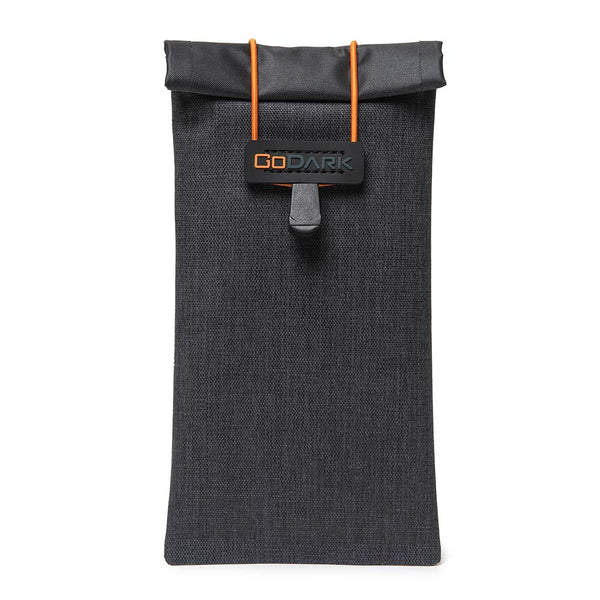As a former telecom engineer, let me just say that with digital technology and with the proper know-how, all things are possible with your cellphone.
Interesting. Yes, your phone in never really off so long as the battery is in as it continually pings the sites and other management overhead. Interesting that the new phones don't allow removal of the battery, which of course, CAN be removed since it was put inside, if you have the knowledge and skills to take the case apart. I'm sure they rationalize this due to lowered costs + the life of the battery likely outlasting the life of the software inside which they prematurely obsoletize so that you have to buy a new cellphone.
Removing the battery, without power, the phone can no longer receive nor transmit anything. Of course, science always offers an alternative and if you want to REALLY remove your phone from the network that no one can call nor track you, etc., while leaving the battery in, it sounds like you need a faraday cage for the phone-- serves the same purpose as taking the battery out but a bit easier.
Amazon product ASIN B07JWF1WT4
Stop phone tracking & shield your phone from 5G, GPS, EMF, and EMP (MIL-STD-188-125-2) with our military-grade Faraday bags. Lab-tested & durable. Shop now.

godarkbags.com
